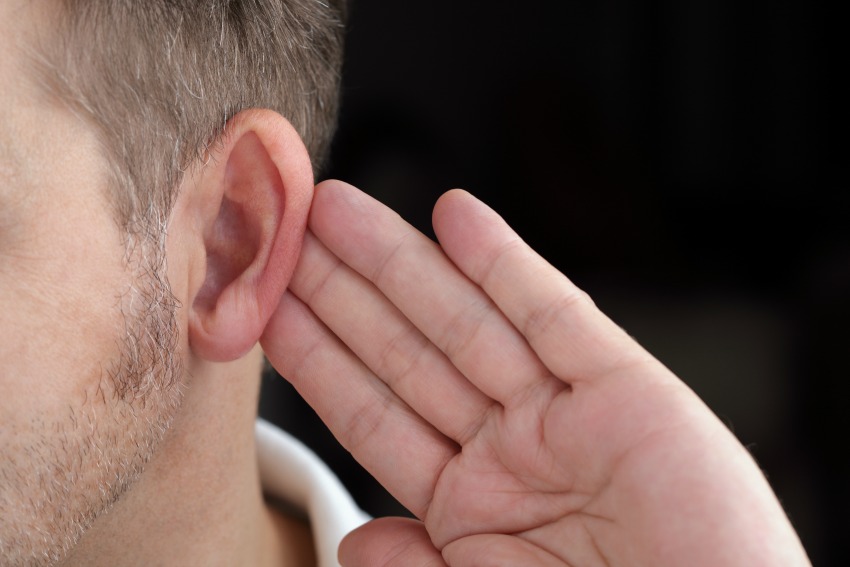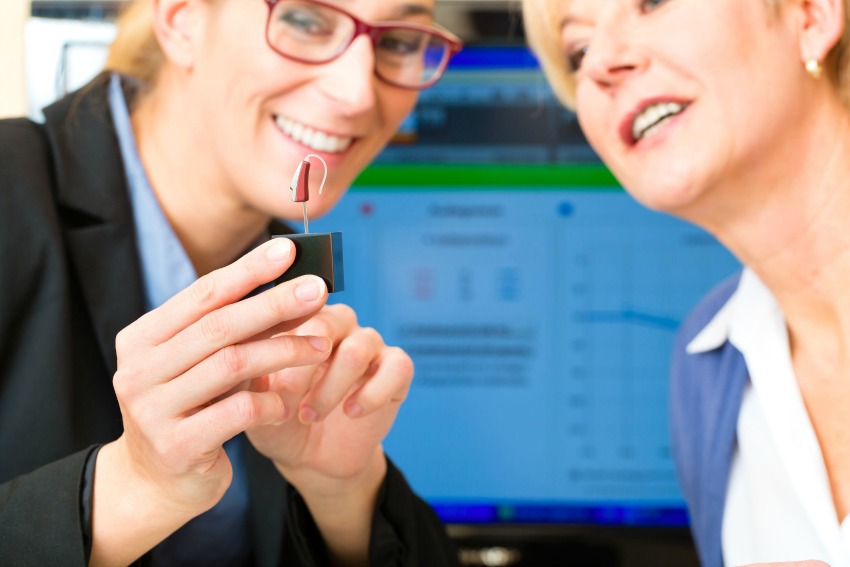‘The Bionic Ear’ certainly sounds like it came straight out of a science fiction novel! However, fortunately for those who are deaf, the Bionic Ear is a reality. And it’s a fascinating reality that helps people live their lives every day. Here’s some information on this life changing technology.

In complex, scientific language, the Bionic Ear is a neural prosthesis that stimulates hearing sensations by electrically stimulating nerves inside the inner ear of profoundly deaf patients.
We don’t know about you but that sounds pretty tricky. In simpler terms, the Bionic Ear is a substitute ear. It replaces the ear by taking sounds and converting them into digital code. This code then travels to the receiver-stimulator. At this point, the code undergoes another transformation and becomes electrical impulses which then take a trip to the cochlea and onwards to the brain.
Here’s a video to help you visualize the process.
The first bionic ear was invented in the 1970s by Graeme Clark, a professor at Australia’s Melbourne University. In 1978, Rob Saunders, a deaf man, received the first bionic ear. He was the first deaf person to be able to hear running speech. The first commercial bionic ear, the cochlear device, was implanted in Graham Carrick in 1982.

The bionic ear benefits people who have severe, profound, or total hearing loss in both ears. Some people use the bionic ear in addition to a hearing aid. Over 250,000 people worldwide use the Australian Bionic Ear, a model manufactured by Cochlear Ltd.
-4.png)
One of the biggest questions around hearing aids is how to pay for them, which agencies provide assistance, and who qualifies for which assistance. Let’s break it down! Alberta Aids to Daily Living (AADL) This is...
Read More
Introducing Our New Financing Options At Academy, we are committed to providing our clients with the best possible service and support. We’re excited to introduce our new financing partner Humm to make it easier than ever to get the...
Read More-3.png)
“If the hearing aids are programmed for my hearing loss, why do I need to come for follow up appointments? They either work or they don’t.” The answer: Hearing healthcare is a journey. Hearing loss needs to be monitored....
Read More